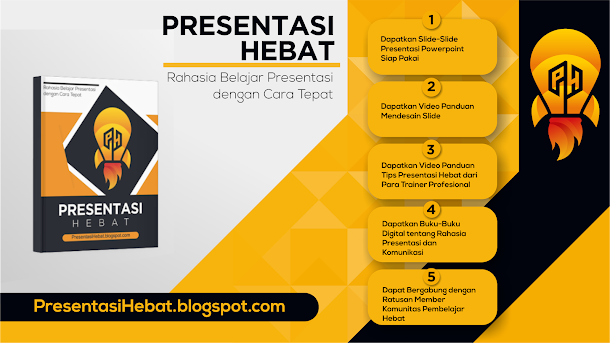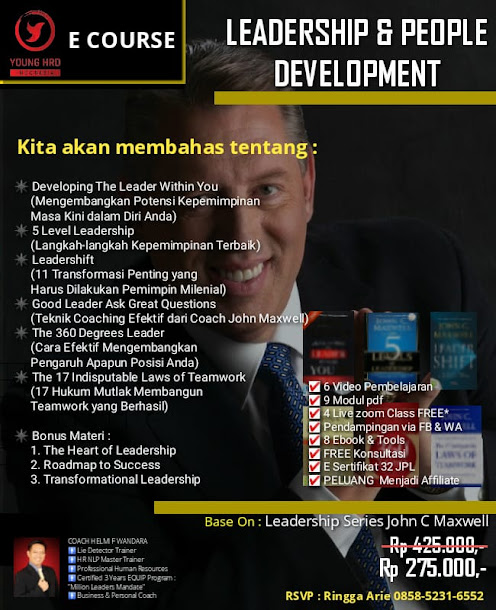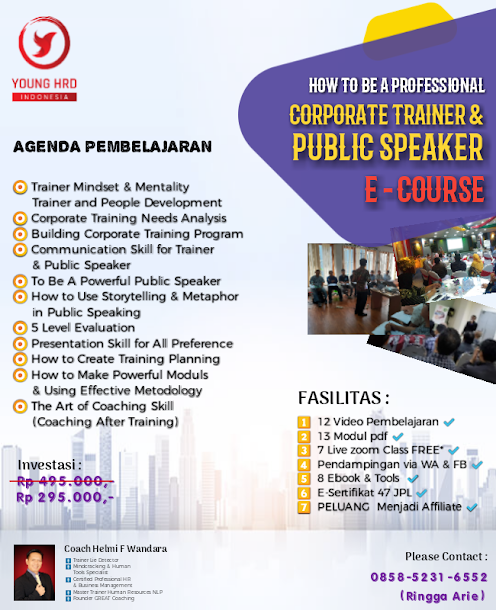The Biggest Mistakes I See on Resumes, and How to Correct Them
Source: https://www.linkedin.com/pulse
I've sent out hundreds of resumes over my career, applying for just about every kind of job. I've personally reviewed more than 20,000 resumes. And at Google we sometimes get more than 50,000 resumes in a single week.
I have seen A LOT of resumes.
Some are brilliant, most are just ok, many are disasters. The toughest part is that for 15 years, I've continued to see the same mistakes made again and again by candidates, any one of which can eliminate them from consideration for a job. What's most depressing is that I can tell from the resumes that many of these are good, even great, people. But in a fiercely competitive labor market, hiring managers don't need to compromise on quality. All it takes is one small mistake and a manager will reject an otherwise interesting candidate.
I know this is well-worn ground on LinkedIn, but I'm starting here because -- I promise you -- more than half of you have at least one of these mistakes on your resume. And I'd much rather see folks win jobs than get passed over.
In the interest of helping more candidates make it past that first resume screen, here are the five biggest mistakes I see on resumes.
Mistake 1: Typos. This one seems obvious, but it happens again and again. A 2013 CareerBuilder survey found that 58% of resumes have typos.
In fact, people who tweak their resumes the most carefully can be especially vulnerable to this kind of error, because they often result from going back again and again to fine tune their resumes just one last time. And in doing so, a subject and verb suddenly don't match up, or a period is left in the wrong place, or a set of dates gets knocked out of alignment. I see this in MBA resumes all the time. Typos are deadly because employers interpret them as a lack of detail-orientation, as a failure to care about quality. The fix?
Read your resume from bottom to top: reversing the normal order helps you focus on each line in isolation. Or have someone else proofread closely for you.
Mistake 2: Length. A good rule of thumb is one page of resume for every ten years of work experience. Hard to fit it all in, right? But a three or four or ten page resume simply won't get read closely. As Blaise Pascal wrote, "I would have written you a shorter letter, but I did not have the time." A crisp, focused resume demonstrates an ability to synthesize, prioritize, and convey the most important information about you. Think about it this way: the *sole* purpose of a resume is to get you an interview. That's it. It's not to convince a hiring manager to say "yes" to you (that's what the interview is for) or to tell your life's story (that's what a patient spouse is for). Your resume is a tool that gets you to that first interview. Once you're in the room, the resume doesn't matter much. So cut back your resume. It's too long.
Mistake 3: Formatting. Unless you're applying for a job such as a designer or artist, your focus should be on making your resume clean and legible. At least ten point font. At least half-inch margins. White paper, black ink. Consistent spacing between lines, columns aligned, your name and contact information on every page. If you can, look at it in both Google Docs and Word, and then attach it to an email and open it as a preview. Formatting can get garbled when moving across platforms. Saving it as a PDF is a good way to go.
Mistake 4: Confidential information. I once received a resume from an applicant working at a top-three consulting firm. This firm had a strict confidentiality policy: client names were never to be shared. On the resume, the candidate wrote: "Consulted to a major software company in Redmond, Washington." Rejected! There's an inherent conflict between your employer's needs (keep business secrets confidential) and your needs (show how awesome I am so I can get a better job). So candidates often find ways to honor the letter of their confidentiality agreements but not the spirit. It's a mistake. While this candidate didn't mention Microsoft specifically, any reviewer knew that's what he meant. In a very rough audit, we found that at least 5-10% of resumes reveal confidential information. Which tells me, as an employer, that I should never hire those candidates ... unless I want my own trade secrets emailed to my competitors.
The New York Times test is helpful here: if you wouldn't want to see it on the home page of the NYT with your name attached (or if your boss wouldn't!), don't put it on your resume.
Mistake 5: Lies. This breaks my heart. Putting a lie on your resume is never, ever, ever, worth it. Everyone, up to and including CEOs, gets fired for this. (Google "CEO fired for lying on resume" and see.) People lie about their degrees (three credits shy of a college degree is not a degree), GPAs (I've seen hundreds of people "accidentally" round their GPAs up, but never have I seen one accidentally rounded down -- never), and where they went to school (sorry, but employers don't view a degree granted online for "life experience" as the same as UCLA or Seton Hall). People lie about how long they were at companies, how big their teams were, and their sales results, always goofing in their favor.
There are three big problems with lying: (1) You can easily get busted. The Internet, reference checks, and people who worked at your company in the past can all reveal your fraud. (2) Lies follow you forever. Fib on your resume and 15 years later get a big promotion and are discovered? Fired. And try explaining that in your next interview. (3) Our Moms taught us better. Seriously.
So this is how to mess up your resume. Don't do it! Hiring managers are looking for the best people they can find, but the majority of us all but guarantee that we'll get rejected.
The good news is that -- precisely because most resumes have these kinds of mistakes -- avoiding them makes you stand out.
In a future post, I'll expand beyond what not to do, and cover the things you *should* be doing to make your resume stand out from the stack.
I was blown away that my first article got over 2 million views. I've always been passionate about helping people find good jobs. But my advice in "The Biggest Mistakes I See on Resumes" was just a starting point: the basic stuff we all need to nail to get to that interview. (And remember, the ONLY purpose of a resume is to get you that interview!)
Among the 3,500+ comments, eight questions came up again and again. Since these posts are my 20% time project I can’t respond to each person. But so many people are facing the same issues that I want to address the biggest ones.
One caveat: these are my opinions, not official company policy. My qualifications are that I've personally reviewed more than 20,000 resumes, coached hundreds of high school and college students, veterans, and people of every age on how to get a job, and lead a recruiting machine that has seen over 20 million applications. But there's still a bunch of stuff I don't know, so take what I write with a grain of salt.
Now, on to your questions:
1. Should I have keywords and jargon on my resume?
Yes, alas, but put them in their own section. A major part of why we have unemployment - and why finding a job is so hard - is because resumes are awful at conveying who you really are and companies stink at screening resumes . Too many companies rely on clumsy software products that sort and filter resumes based on keywords. And too many recruiters do the same thing, looking for fancy schools or company names instead of at what you actually did. (Google applications are screened by real, live people.) Crummy as that is, it's reality. So for now, if you're in a technical field, have a section where you list all your programming languages. If you're in other professions, you may want to extract the buzzwords from the job posting and have a "skills" section (doesn't matter what you call it) where you can park your laundry list of jargon. Don't waste space on verbs. Just have a list. Save your compelling writing for the bullet points under each job. Lifehacker has some other good suggestions for getting past the machines. And I'm optimistic that somewhere out there someone is building a MUCH better system for inferring who you really are and understanding what employers really need.
2. Should I pay someone to write my resume?
Nope. See my post here on how to write a resume that will get you noticed. Even better, find someone like you who already has the job you want. If you're a veteran, find someone from your service who works in the job and company you want. If you're a student, find an alumna/-us who has your dream job (your career center will have resume books you can mine). Emulate their resume. (Notice I didn't say "copy" ... big difference!) Look at how they described their experiences and accomplishments. They wrote things in a way that got noticed. They got it right. Do what they did. Don't waste your money on something you can get for free.
3. Should I include organizations where I worked more than 20 years ago?
You don't need to. For a competent hiring manager, your early experience isn't relevant. No one cares that I worked at an Olive Garden 20+ years ago. So on my resume I can pick some arbitrary cut-off point, have a "Prior experience" section, and summarize that I worked at a range of jobs in restaurants, non-profits, and manufacturing.
4. Do resumes predict performance?
I haven't seen anything to suggest they do. Resumes are a very poor information source. Work sample tests are actually the best predictor of performance, followed by tests of cognitive ability, which are best assessed using structured interviews. I’ve got three chapters explaining how you can become a world class interviewer in my bookWORK RULES!, coming out in April, if you’re interested in learning more.
5. The best people don't always have the best resumes. Excluding someone because of a typo is stupid and you're a horrible person for doing that.
Ok, (a) that's not a question. And (b), I confess that I do occasionally overlook an error, for example if the person writing the resume isn't a native English speaker. But (c), from the recruiter's perspective, if they have a choice between two equally impressive resumes, I think we can agree that the one that says "professional booger" instead of "blogger" is probably not going to get a call.
6. Shouldn't HR departments and recruiters work harder to find the best people? Why put the blame on the job seeker?
I want everyone to have the best possible chance of landing their dream job. That means controlling the parts of the application process you can. You can control every single word on your resume. You can't control the quality of the person reading it. But I will tell you that at recruiting firms they only get paid for filling jobs, so they do look hard at applications. What they see is in your control.
7. I'm a mom (or dad) coming back into the workforce after time off with my child. How do I explain the time off?
Don't apologize and don't hide. Put down that you took time off for your family. If you volunteered or did part-time work, list that too, but own your decision. Parents who have left the workforce and are coming back in are one of the biggest untapped sources of talent for recruiters. We get that at Google, and more and more other companies arestarting to see it too.
8. Hey! You had a typo in your post!
Yes, but I promise you my resume is pristine! ;)



















